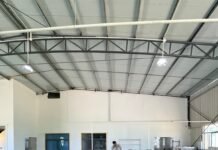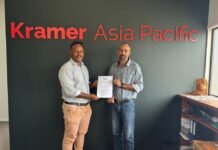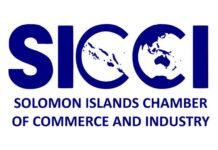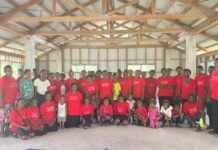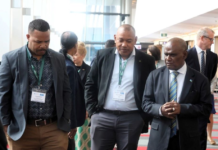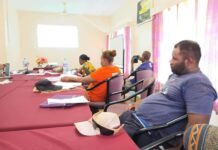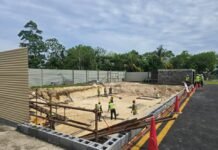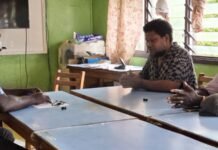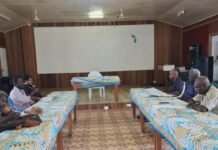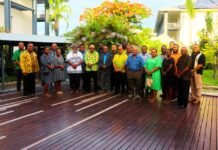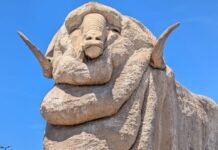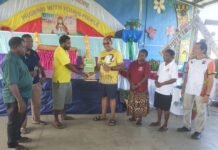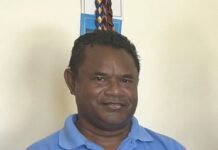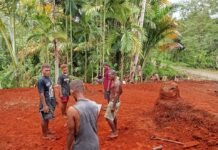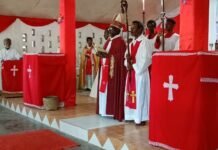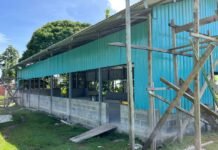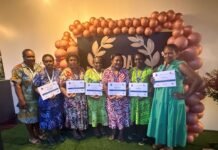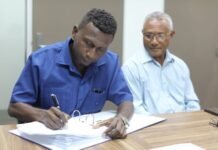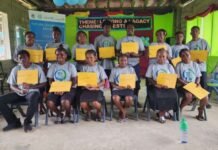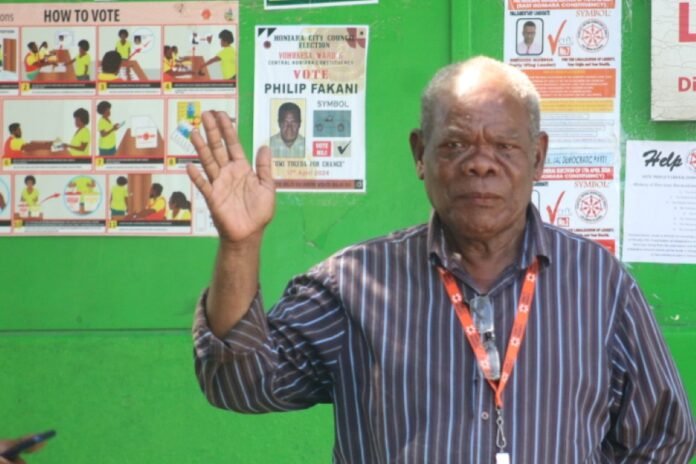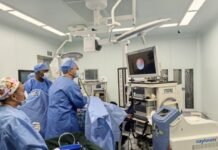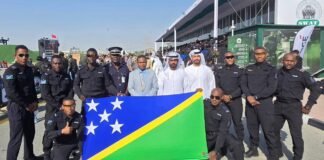BY JOHN HOUANIHAU
CASPER Fa’asala, CEO of People with Disability Solomon Islands, outlines the organization’s plan to collaborate with the government for National Unity and Transformation.
Fa’asala told SUNDAY ISLES that People with Disability Solomon Islands (PWDSI) will collaborate closely with the Government for National Unity and Transformation (GNUT).
“There are a lot of issues we like to raise with the new government.
“There are a lot of things we wanted to do. One is having a more constructive strategy plan for the organization to align our priorities with national disability policy. We want to align the plan with a certain article of the convention that was ratified, and we want to work within the scope of acknowledging the new education act to perhaps, in the future, become a service provider to deliver training programs to people with special needs right in the village.
“We now engage in a training needs analysis in the office, and we hope once the needs have been identified, we will scrutinize them and look at how best we can develop training models that we can deliver to trainers that we will train to deliver the services,’’ Fa’asala said.
He said that the trainers will be identified in the village to have resourceful people in the village and utilize them in order to see the development of change in the village.
“That’s one of the many things we talk about. We want to pursue it as soon as a new government is formed. The other thing is that while we appreciate the ratification of the convention, we want to see the convention domesticated, and one of the things we want to push in the new government is to ask them to have a National Disability Act.
“In that way, we will be able to see total government support coming from a budgetary allocation straight from parliament to provide for the programs that we will complement the government to run. In that way, we will see ourselves as not totally an NGO, but as a semi-government institution that will complement the role of the of the government in delivering services to people with disabilities, their parents, caregivers, and supporters right in the village,’’ Fa’asala said.
He said that the PWDSI scoping activity has given those ways to collaborate with the government by organizing a dialogue to bring key stakeholders together to build a great partnership.
“One of the things we want to do is lobby for a new ministry where people with disabilities will sit since disability is no longer a medical model. We shifted from the medical model, and now we want to see human rights empowered. We want to see more services through a social model.
“We will work with the government to see the disability portfolio either under the ministry of home affairs, traditional government, or the ministry of provincial governance. The closest we can go is with the ministry of provincial government,’’ he said.
Meanwhile, Mr. Fa’asala said that these are long-standing issues that are long overdue, so despite the political thinking of the people, Fa’asala said that DCGA must be given credit.
He said that the former DCGA must be acknowledged for the work they have done in terms of pushing the disability policy forward, which was launched in November 2022.
“We also want to acknowledge DCGA in terms of the Education New Act because we put a lot of information through the inclusive education policy that was drafted at that time, and many of these things are now in the new act. Last year, 2023, we managed through the government’s ratification of the convention,” said Fa’asala.






